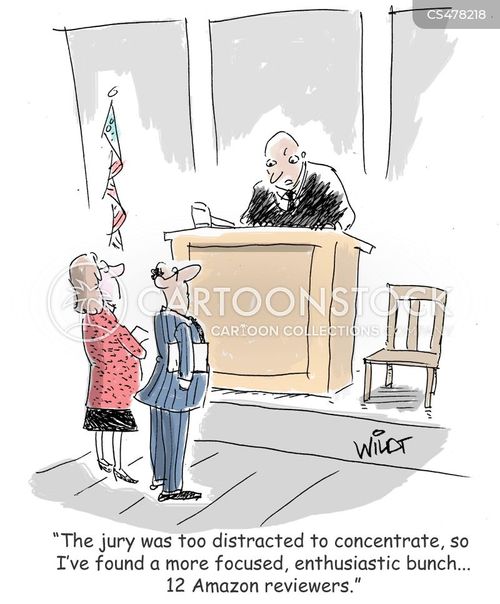I would like to elaborate on what is needed for effective notetaking with regard to the materials provided to the jury. In addition to such curated notetaking materials, there are also cues attorneys themselves can implement so they can aid the process. In turn, attorneys will hopefully be able to worry less about jurors doodling and instead direct their energies towards the case itself.
The Problem with Notetaking Studies
Notetaking as a general matter provides several benefits that can help keep jurors on task, such as the enhanced memory recall involved in both the act of writing itself and in having notes to review during deliberation. However, a 2003 study funded by the National Institute of Justice by Judge B. Michael Dann and Valerie P. Hans revealed that many positive correlations between juror notetaking and memory recall did not account for the education level of the juror. That is, once the study controlled for the fact that more highly educated individuals were more likely to take notes, "the independent effect of note-taking disappeared."
"Curated" Notetaking Materials
Because most jurors have not been students for many decades, many are out of practice (or never got into the practice) of taking notes. In order to help guide jurors on their quest to stay focused and to copy down the most important information, courts should consider offering notebooks with structured headings. Having a guide for the notetaking “facilitates at least two of the most important cognitive processes—selection and organization.”
A 2004 study by Titsworth and Kiewra revealed that such “organizational cues” increased the quantity of notes taken and jurors’ individual recollections of the information. Further, the results of Kobayashi’s 2006 study indicated that providing an outline for the notes was the most effective way to enhance the benefits of notetaking, because having a framework helps to guide jurors to the most relevant, important information. This method also benefitted jurors with lower academic levels, jurors whose notetaking—if they even took notes in the first place—did not aid their memory recall in several studies.
The Attorney's Role
How can attorneys capitalize on these findings? Even if the court does not supply these outlined notes, attorneys can take care when asking questions and making statements to emphasize key points and even specifically outline their argument. They can also cue their expert witnesses to draw attention to more important aspects of the case.
As this innovation has the potential to introduce a new battle, with litigants arguing about what to include on the outline, courts should ease in with generic headings that are common to every case, and consider further curating in more clear-cut cases down the line. The success of this, of course, depends on jurors picking up their pens in the first place, which in some cases may prove to be the biggest hurdle.


No comments:
Post a Comment